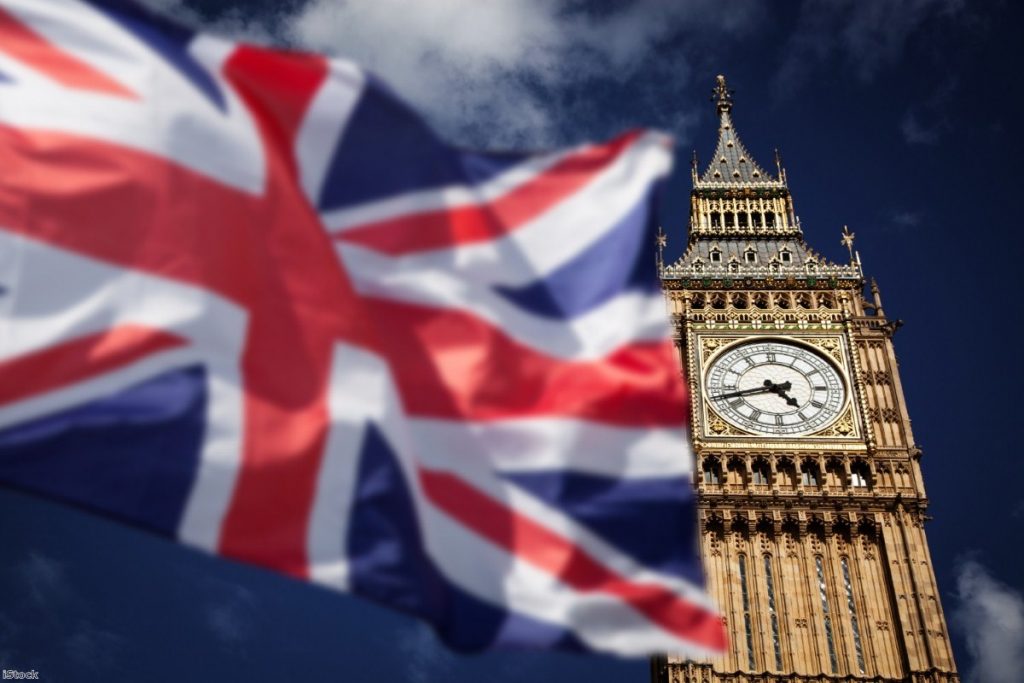By Darren Hughes
Last week we got a clearer idea of Theresa May's approach to leaving the EU. She set out a 12-point plan which included leaving the single market, remaining partially in the customs union, and withdrawing from the European Court of Justice. It was a good speech. But where are the public on all this?
June 23rd was not a total binary of winners and losers. Each side was made up of a million different hoped-for outcomes, all squeezed into that one X. Thirty three million voters took part in the EU referendum, the highest turnout in any UK-wide election since 1992. This was a monumental decision that will have ramifications for decades to come. But there were just two options on the ballot paper. The task now is to find out what voters wanted within that.
May said last week that the referendum was a vote "to restore, as we see it, our parliamentary democracy, national self-determination". But Britain's democracy is becoming increasingly complex and devolved. It is also increasingly merging elements of direct democracy (referendums) with representative democracy. So the role of the public in the enormous challenges and questions that lie ahead needs to be considered.



The referendum should be seen as the beginning, not the end, of public involvement. True, the government is in a difficult position given the multiple interpretations. The vote to leave the EU followed a short four-month campaign with both sides offering a wide range of potential desired outcomes. It was always going to be a challenge to get a blueprint from the simple word 'Leave'.
But there are ways of handling this without charging ahead before consulting voters. Citizens' assemblies – representative gatherings of people, who are given the time and information to properly discuss and debate the issues in light of the facts, can be a good way of dealing with this – and for citizens to face up to the trade-offs that government is grappling with.
The Electoral Reform Society showed that this can work last year, when we ran such assemblies on local devolution plans. Politicians, journalists and others were impressed by the extent to which, when given the information and the chance, 'ordinary' voters got stuck into complex constitutional debates in a meaningful way.
If anything more can be read into the June 23rd vote than a pure desire to 'Leave', it was that the message of 'take back control' resonated with the public. Indeed May noted in her speech that the public "expect to be able to hold their governments to account very directly". That doesn't end between elections, but like Brexit itself, is a process of continued democratic engagement.
If done right, Theresa May really could 'bring the country together' through all this. But it will require everyone having a stake in the process – and feeling like a 'people's Brexit' really does come from the people.
Darren Hughes is the deputy chief executive of the Electoral Reform Society
The opinions in politics.co.uk's Comment and Analysis section are those of the author and are no reflection of the views of the website or its owners.









